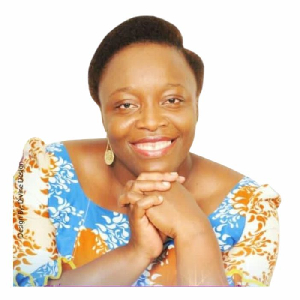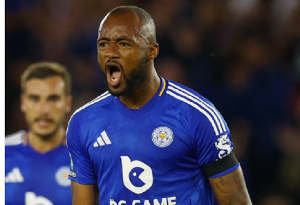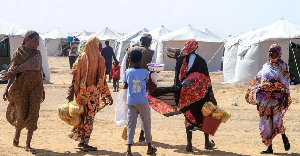The Ghana Cocoa Board (COCOBOD) has refuted claims by former President John Dramani Mahama suggesting that government was selling fertilizer marked “not for sale” to cocoa farmers, even though his government distributed them free of charge.
The former President chastised the government for selling to farmers, fertilizers he procured for farmers for free before his exit in January 2017, when he met National Democratic Congress delegates at Asankragwa in the Western Region during his campaign tour.
Mahama who is aspiring to be the presidential candidate for the NDC in the 2020 election after he had jabbed the government for “lying” to Ghanaians that the NDC administration left behind debts and empty coffers, said, “We imported the fertilizer and embossed on them Ghana Cocoa Board, not for sale yet government has decided to sell to farmers at 80 cedis”.
Former President Mahama was also unhappy with the government and COCOBOD for maintaining producer price of cocoa for 2018 which according to him should be increased annually.
According to Mahama, with the dollar exchange rate moving from GH¢3.9 in 2016 to GH¢5.0 in 2018, there should have been an automatic upward adjustment of the producer price of cocoa.
The Management of COCOBOD has, however, described these assertions as a false and deliberate attack on the current government by the former President.
“The exchange rate is just one of the many factors that are used in the determination of the producer price of cocoa in Ghana. Aside, there are operational cost – buyers’ margin, haulage, warehousing, fumigation, quality assurances, pre-harvest, and another post-harvest cost. A key factor which cannot escape any fair and rational analyst is the world market price,” COCOBOD explained in a statement signed by its Chief Executive, Joseph Boahen Aidoo.
COCOBOD categorically stated that “No fertilizers were paid for, neither were any monies left in the accounts of COCOBOD for fertilizers as at 1st January 2017” as claimed by Mr. Mahama.
The company further disclosed that the new Management “had to secure a loan from the Bank of Ghana to pay for and take delivery of fertilizers for 2016/2017 crop year way after April 2017.”
Read full statement below
Business News of Saturday, 12 January 2019
Source: www.ghanaweb.com
Mahama didn’t leave behind free fertilizers for farmers – COCOBOD insists
Entertainment












